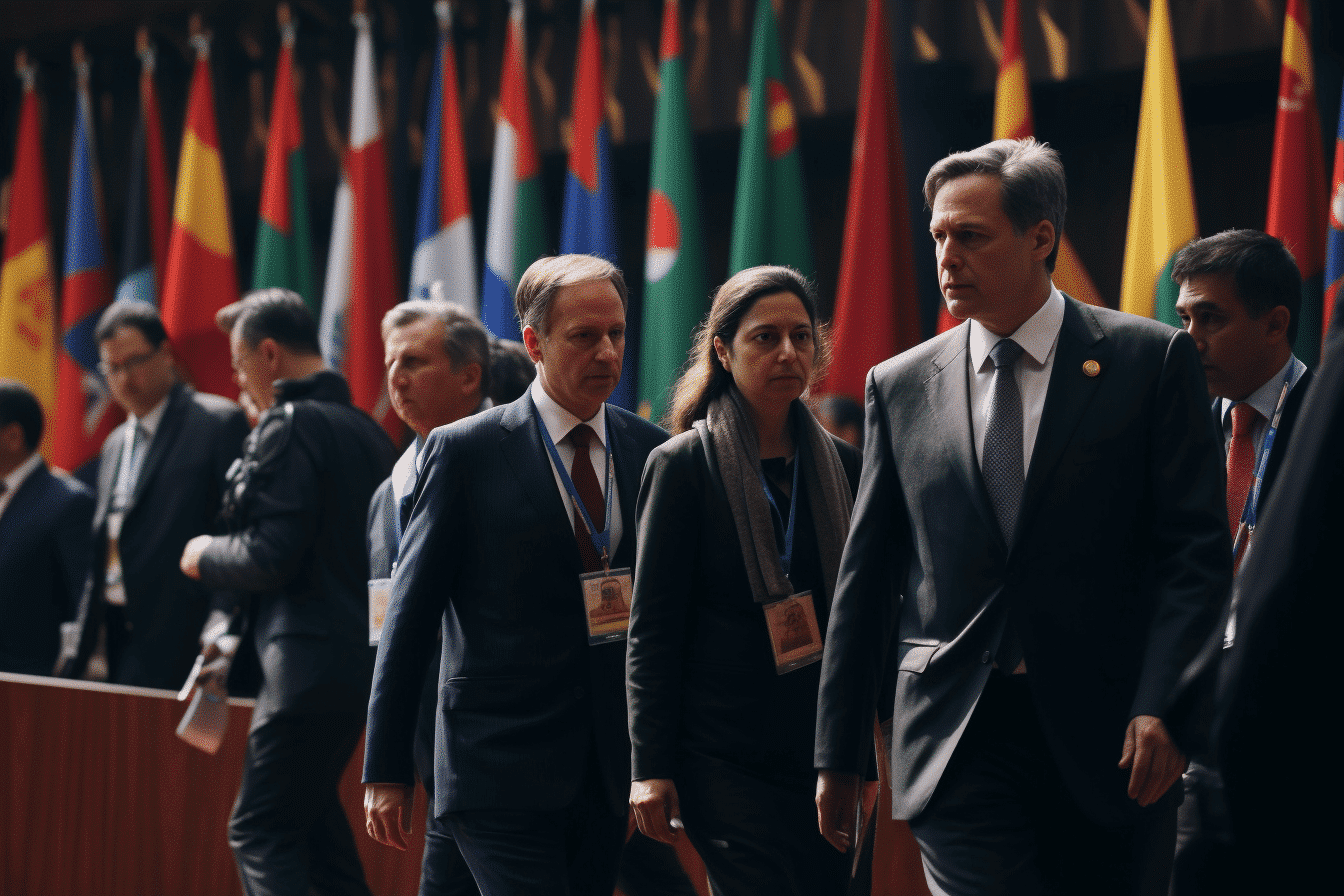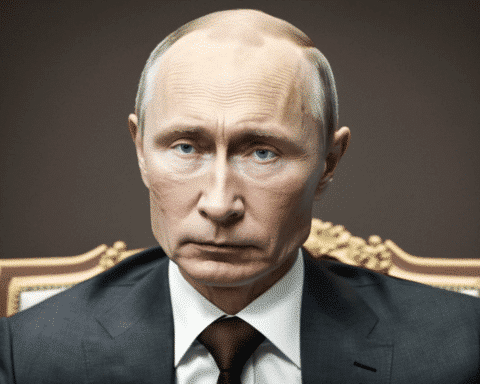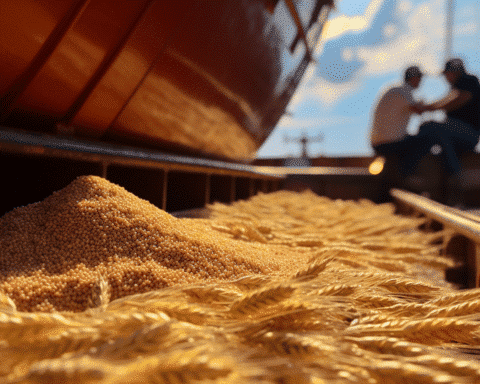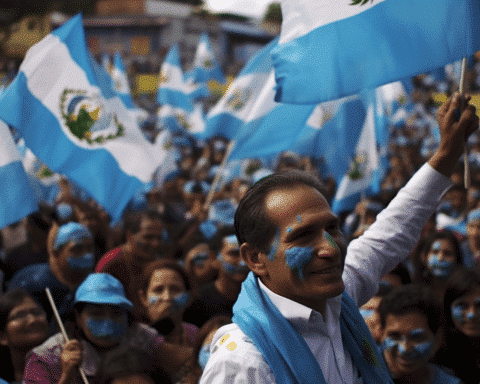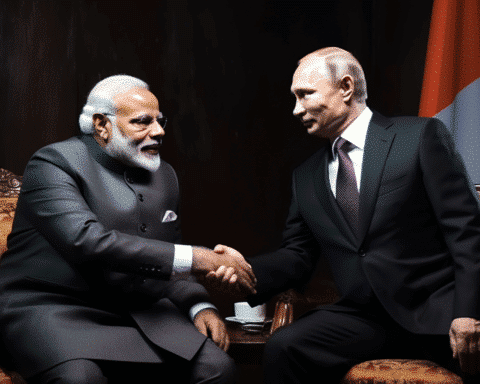As the aftershocks of sanctions against Russia are felt, Treasury Secretary Janet Yellen finds herself amid growing doubts from prominent developed and emerging economies. This skepticism is causing rifts within the Group of 20 nations.
This week’s G20 summit in India showcases these emerging divisions. Some nations, historically hesitant towards U.S.-led financial reprisals against Moscow for its role in the Ukraine conflict, are forming stronger alliances.
The Group of Seven (G7) nations, including the U.S., argue that the imposed sanctions, coupled with the Russian oil price cap, have successfully limited Russia’s economic inflows. This claim comes despite Russia seeing a 4.9% growth in the second quarter of 2023.
In contrast, Russia and China are solidifying their ties, proclaiming a “no boundaries” alliance. Furthermore, the BRICS consortium (Brazil, Russia, India, China, and South Africa) is focusing on transacting in their respective currencies, moving away from the U.S. dollar. Observers at the G20 will also notice strengthening bonds between the U.S. and India, prompted by mutual concerns about China’s growing influence.
President Joe Biden and Secretary Yellen, during their visit to New Delhi, will be confronted with a complex geopolitical landscape as they discuss essential resources for developing nations.
Yellen’s frequent trips to India underscore the ongoing tension, especially after Russian President Vladimir Putin’s statement on Ukraine’s grain export via the Black Sea. Putin emphasizes that Western promises related to Russia’s food exports have not been kept.
Analysts, like Rachel Ziemba from the Center for a New American Security, believe that a mix of factors, like the Ukraine conflict and currency manipulations, are straining the G20’s unity. Nonetheless, Ziemba suggests that the G20 might unite on issues like food and energy security for developing countries.
The Treasury Department asserts that Yellen’s trip aims to emphasize the ramifications of the Ukraine conflict and the importance of sanctions in maintaining global energy price stability.
While Yellen will discuss reinforcing food security, the evolving dynamics within the G20 and notable absences, like China’s President Xi Jinping, may pose challenges.
Josh Lipsky from the Atlantic Council’s GeoEconomics Center views the summit as an opportunity to focus on shared goals. He notes the difficulty India might face portraying itself as a global mediator with key leaders absent.
The International Monetary Fund warns of the potential economic implications of widening global divisions. Meanwhile, as China and Russia’s trade relationship strengthens, largely due to Western sanctions and oil price caps, China’s economy is experiencing a downturn.
Mark Sobel of the Center for Strategic and International Studies believes that the sanctions and other steps to restrict Russian oil revenues were justifiable.
Russia’s growing affinity for the Chinese yuan and the BRICS nations’ collective move to rely less on the U.S. dollar reflect a shifting global economic landscape. Many developing nations are apprehensive about the U.S.’s ability to wield the dollar as a tool for sanctions.
Ziemba concludes that while expectations for the G20’s achievements should be tempered, the forum remains crucial for understanding global economic differences.
The G20 comprises the European Union, Argentina, Australia, Brazil, Britain, Canada, China, France, Germany, India, Indonesia, Italy, Japan, Mexico, Russia, Saudi Arabia, South Africa, South Korea, Turkey, and the U.S.
As global dynamics shift and traditional alliances are tested, the G20 summit serves as a critical juncture for world leaders to navigate emerging challenges and seek common ground. While the rifts related to the Russian sanctions underscore the complexities of the modern geopolitical landscape, the summit provides an opportunity for collaboration and understanding. Despite differing perspectives, the collective aim of fostering global economic stability and growth remains paramount for all member nations.
